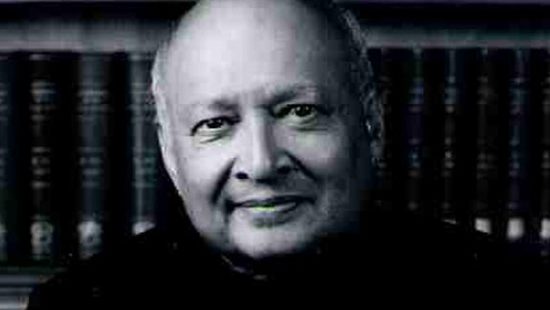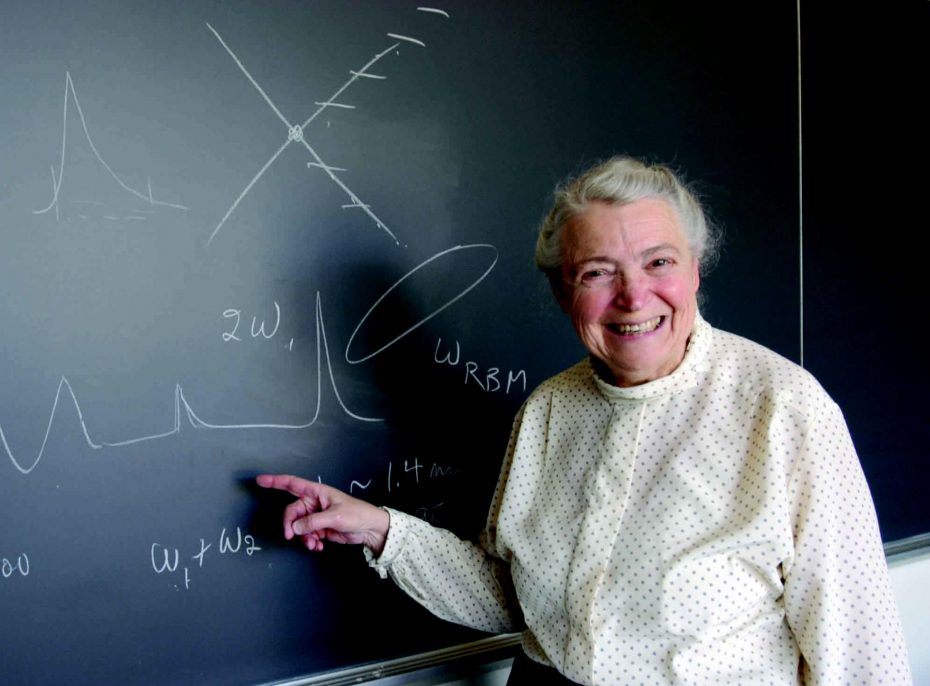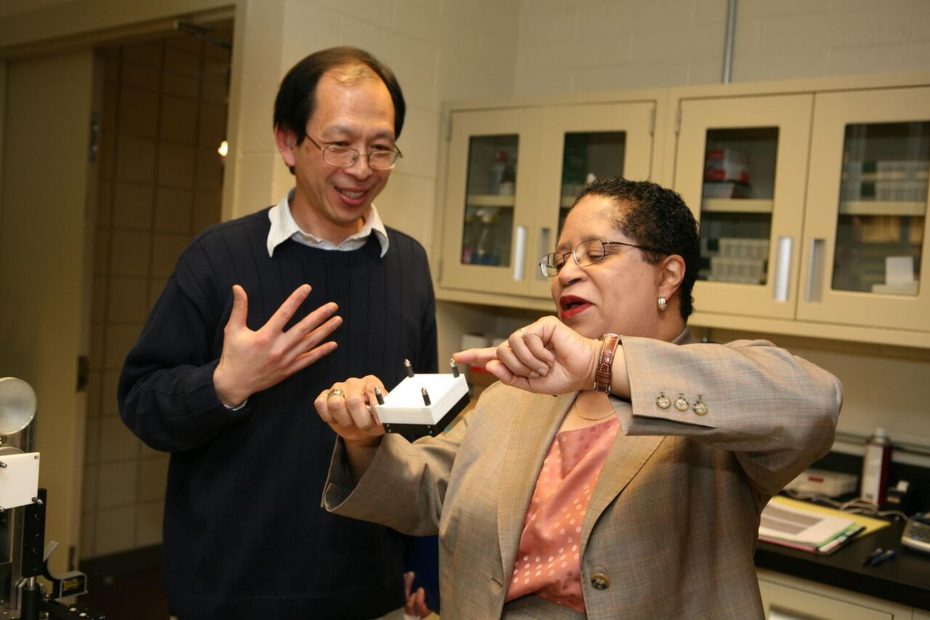Chemical processes aren’t instantaneous. Instead, they occur in steps marked by changes in a material’s physical properties.
There’s distillation, vaporization, crystallization and so on.
Warren K. Lewis was the first to develop this concept of “unit operations,” explained a co-authored textbook that became a staple in classrooms for decades.
Lewis also consulted on the Manhattan Project – America’s secret plan to build an atomic bomb – and helped The Standard Oil Company, now ExxonMobil, improve its process for refining petroleum.
These accomplishments, however, pale in comparison to the respect he earned as an instructor and head of MIT’s chemical engineering department.
In disagreements with students, he was known to make “dollar to doughnut bets” and challenge his classes to think critically.
“(His) methods have seemed unorthodox and even harsh to many on first acquaintance,” his MIT successor, Walter G. Whitman, said. “But as the student learns to meet that challenge to his intelligence and imagination, he acquires unsuspected powers and confidence.”






